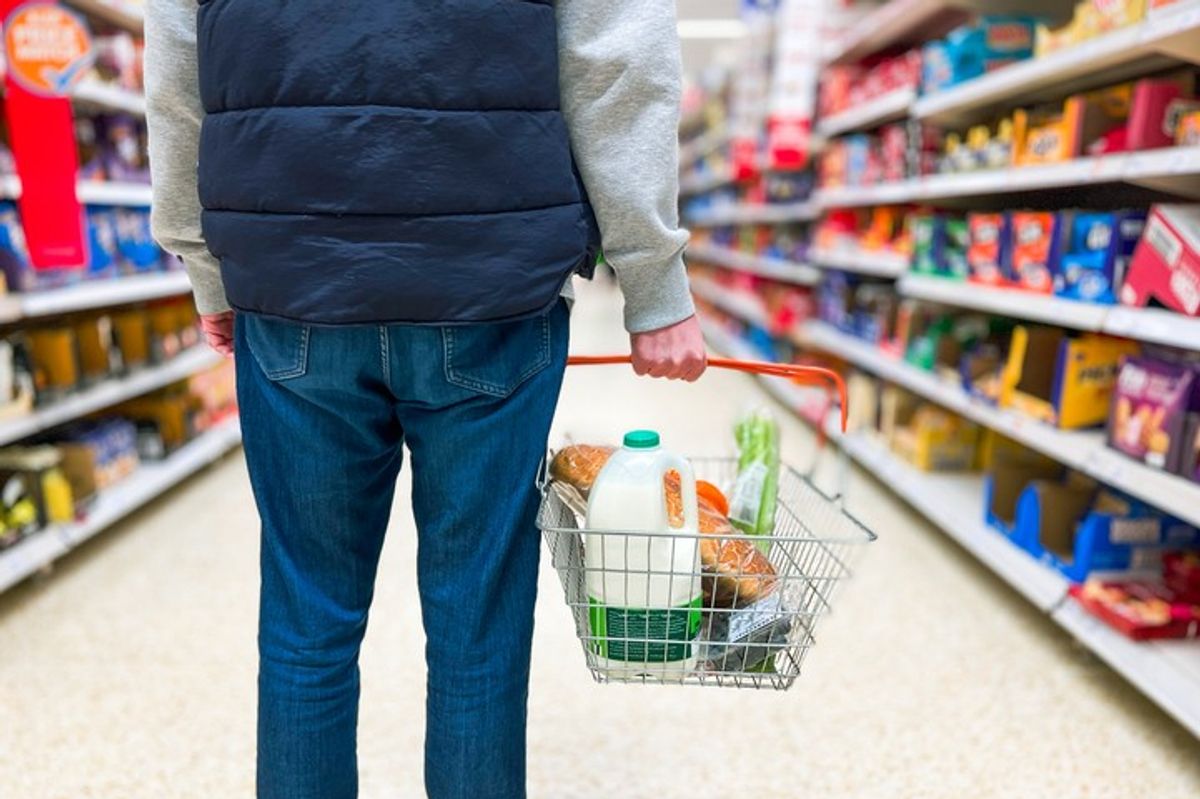Britain’s biggest retailers have said shop price inflation is easing as food inflation slowed for the second consecutive month, particularly for fresh products.
According to data released by British Retail Consortium (BRC) today (27), annual inflation in overall shop prices eased to 8.4 per cent in June, down from 9 per cent in May. Food inflation decelerated to 14.6 per cent in June, down from 15.4 per cent in May. This is below the 3-month average rate of 15.2 per cent and is the second consecutive deceleration in the food category.
Fresh Food inflation slowed further in June, to 15.7 per cent, down from 17.2 per cent in May. This is below the 3-month average rate of 16.8 per cent. Ambient Food inflation decelerated slightly to 13.0 per cent in June, down from 13.1 per cent in May, in line with the 3-month average rate of 13.0 per cent.
Commenting on the figures, Helen Dickinson, OBE, Chief Executive of the British Retail Consortium, said that households up and down the country will welcome the easing of shop price inflation in June.
"Food inflation slowed for the second consecutive month, particularly for fresh products, as retailers cut the price of many staples including milk, cheese and eggs. Clothing and electrical goods also saw falling prices, helping customers to pick up a bargain ahead of the summer holidays.
“If the current situation continues, food inflation should drop to single digits later this year. However, it is imperative that Government does not hamper this progress by introducing costly new policies. Reforms to the packaging Levy (Extended Producer Responsibility) and a new deposit return scheme, could create an additional £4bn burden on retailers and their customers. Along with a rise in business rates, and the introduction of border controls in October, these policies could hinder the Government’s efforts to combat inflation," Dickinson said.
Mike Watkins, Head of Retailer and Business Insight, NielsenIQ, said that whilst prices are still higher than a year ago, the slowdown in food inflation is welcome news for shoppers, helped by supermarkets lowering prices of some staple goods.
"And if global supply chain costs continue to fall, we may now be past the peak of price increases. However, with most households needing to save money, purchasing behaviour for the rest of this year is still likely to shift towards essential needs with discretionary consumption being deprioritised or delayed," Watkins said.


